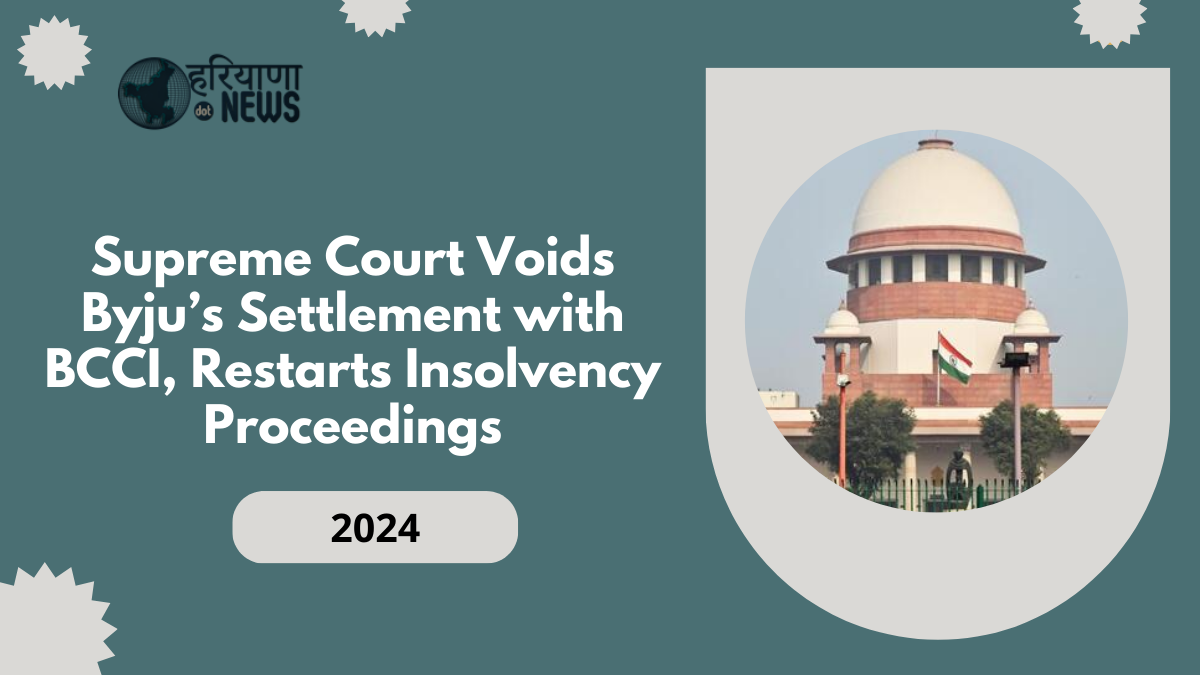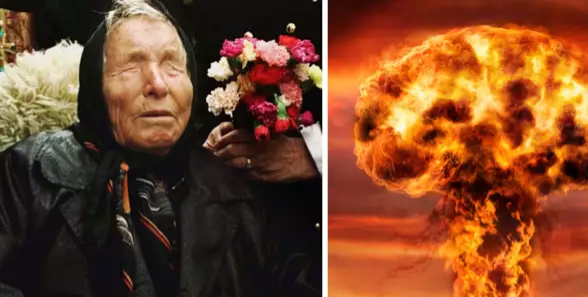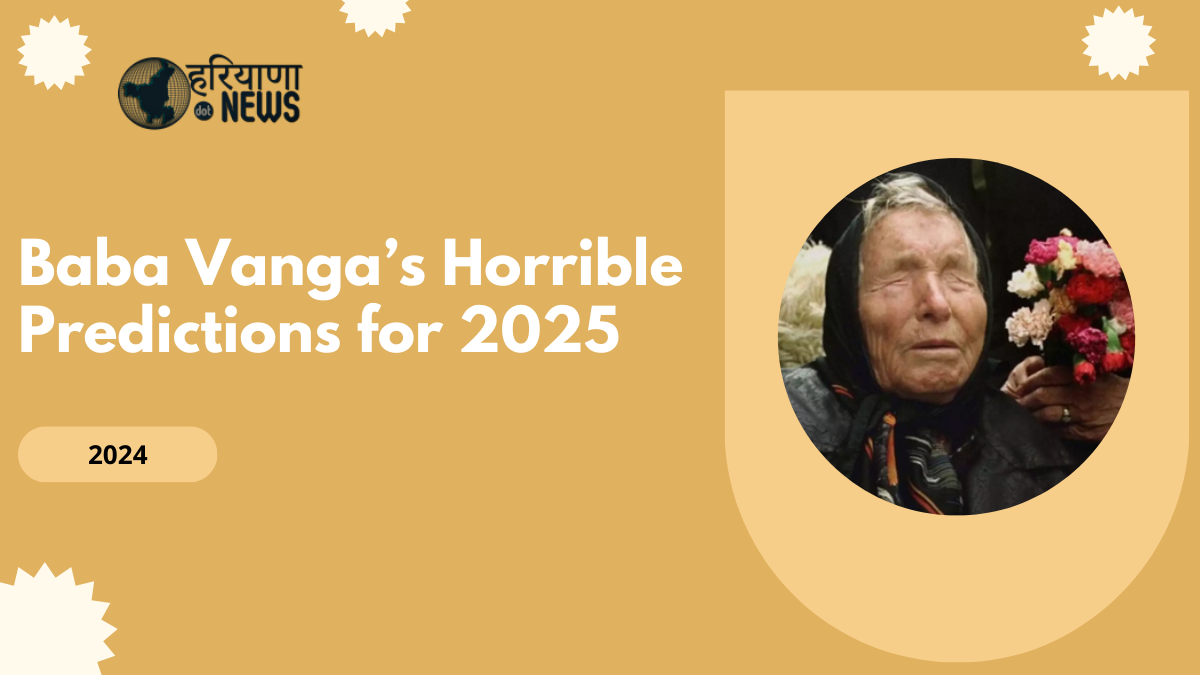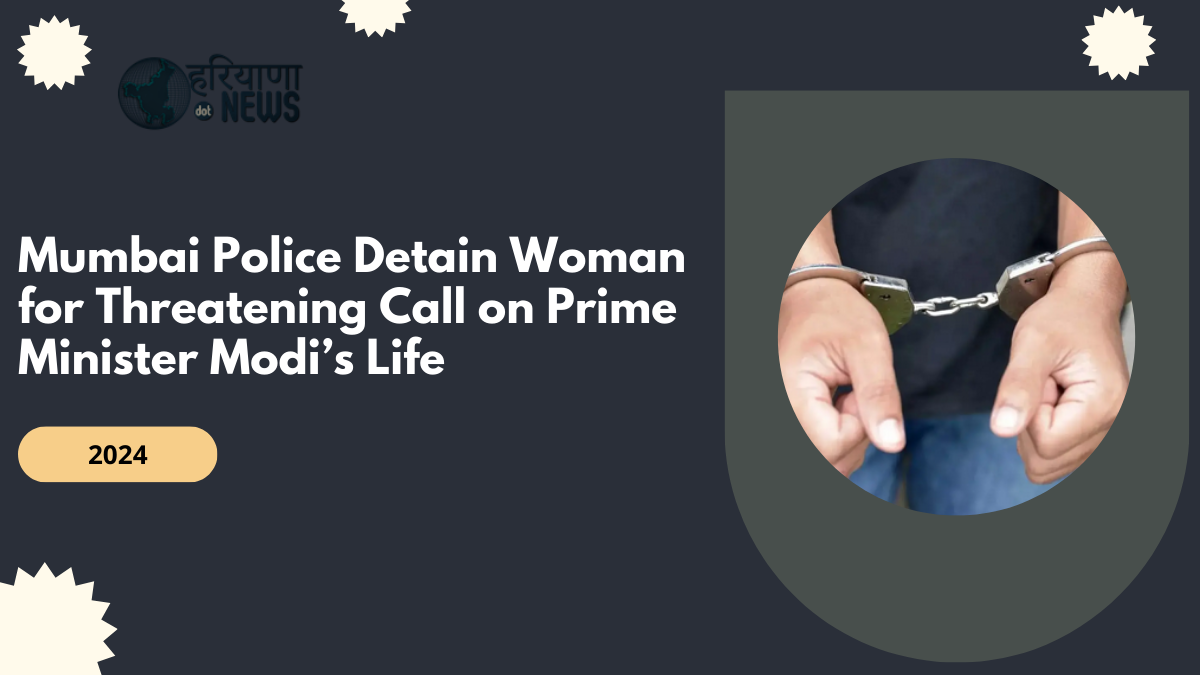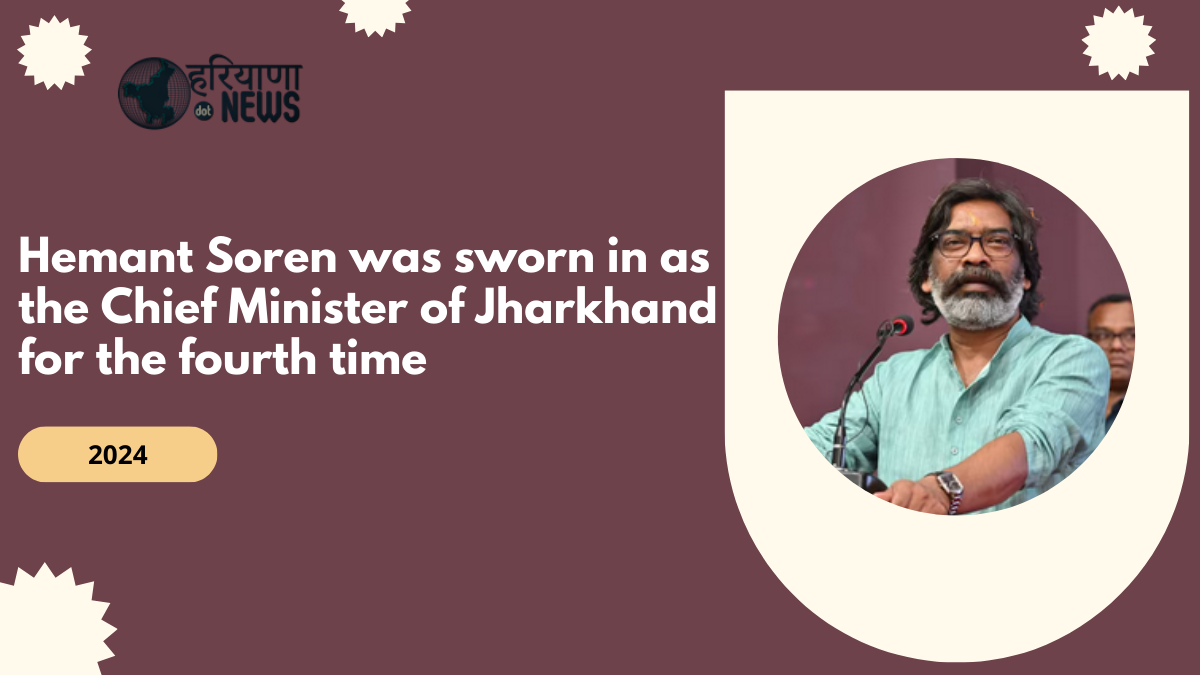The Supreme Court ruled on Wednesday to annul the previous settlement between Byju’s and the Board of Control for Cricket in India (BCCI), effectively reopening the insolvency proceedings against the struggling educational technology company.
The court emphasized that all concerned parties and creditors, including BCCI, have the right to approach the Committee of Creditors (CoC) to seek remedies available under the Insolvency and Bankruptcy Code (IBC). Additionally, the ₹158 crore previously paid by Byju’s to BCCI as part of the settlement should be transferred to an escrow account overseen by the CoC while the case undergoes further evaluation.
Glas Trust Raises Concerns Over Byju’s Settlement with BCCI
This ruling came after a panel led by Chief Justice of India, Dhananjaya Y Chandrachud, upheld the right of Byju’s US-based lender, Glas Trust, to raise objections regarding the settlement. Glas Trust had voiced concerns about potential misuse of funds and preferential payments made to BCCI, which could disadvantage other creditors.
The Supreme Court overturned an earlier order issued by the National Company Law Appellate Tribunal (NCLAT) on August 2, which had allowed the Byju’s-BCCI settlement and suspended the insolvency proceedings against Byju’s, officially known as Think and Learn Pvt. Ltd.
NCLAT’s Use of Discretion Questioned by SC
Justices JB Pardiwala and Manoj Misra, who were also part of the bench, criticized the NCLAT for using its discretionary authority to let BCCI withdraw its petition for bankruptcy proceedings against Byju’s. They argued that the NCLAT’s decision was inappropriate, as it invoked Rule 11 of the NCLAT Rules to stop the bankruptcy process after Byju’s made a ₹158 crore payment to BCCI.
Rule 11 allows NCLAT to issue necessary orders or directions to achieve justice or prevent misuse of its processes. However, the Supreme Court asserted that since the IBC outlines a detailed procedure for suspending or withdrawing insolvency proceedings, NCLAT should not have bypassed these procedures by using its inherent powers.
Glas Trust’s Legal Standing Validated
The court also rejected Byju’s challenge to Glas Trust’s legal standing. Byju’s had borrowed about $1.2 billion from Glas Trust, and the court found that the lender had valid concerns regarding the potential misuse of funds, mainly related to payments made to BCCI. Glas Trust’s fears of possible “round-tripping” of funds, where money was improperly circulated, were deemed legitimate.
In response, the court revoked the settlement between Byju’s and BCCI and directed all parties to bring their claims before the CoC. It also ordered that the ₹158 crore in question be moved to an escrow account, which the CoC would manage as per legal protocols.
Insolvency Proceedings Back on Track
The Supreme Court’s ruling effectively revives the halted insolvency proceedings against Byju’s. Previously, these proceedings had been paused after the NCLAT approved the settlement between Byju’s and BCCI.
During the earlier hearings, Byju’s legal representative, senior counsel Abhishek Manu Singhvi, defended the deal by explaining that the payment to BCCI came from Riju Raveendran, a shareholder and the brother of Byju’s founder, rather than from the company’s assets. This move aimed to reassure creditors that their interests wouldn’t be harmed by the settlement.
BCCI’s Stance on the Settlement
Representing BCCI, Solicitor General Tushar Mehta argued that Byju’s was not required to settle with all creditors before resolving the issue with BCCI. He proposed certain conditions for the settlement, emphasizing that the payment should not come from Byju’s corporate funds to ensure creditor protections.
 Mumbai Police Detain Woman for Threatening Call on Prime Minister Modi’s Life
Mumbai Police Detain Woman for Threatening Call on Prime Minister Modi’s Life
 Hemant Soren was sworn in as the Chief Minister of Jharkhand for the fourth time, took oath as Jharkhand’s 14th chief minister
Hemant Soren was sworn in as the Chief Minister of Jharkhand for the fourth time, took oath as Jharkhand’s 14th chief minister
 India’s Strategic Breakthrough: Advancing SLBM Capabilities with INS Arighaat
India’s Strategic Breakthrough: Advancing SLBM Capabilities with INS Arighaat
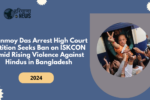 Chinmoy Das Arrest: High Court Petition Seeks Ban on ISKCON Amid Rising Violence Against Hindus in Bangladesh
Chinmoy Das Arrest: High Court Petition Seeks Ban on ISKCON Amid Rising Violence Against Hindus in Bangladesh
 Bangladesh Police Use Tear Gas and Batons Against Hindu Protesters After Chinmoy Das’ Arrest
Bangladesh Police Use Tear Gas and Batons Against Hindu Protesters After Chinmoy Das’ Arrest





However, the Supreme Court has now shifted the responsibility to the CoC to resolve any outstanding claims, including those from BCCI, following a thorough review that includes hearing concerns from creditors such as Glas Trust.
Background of Byju’s Insolvency Proceedings
The insolvency proceedings against Byju’s began in June when the National Company Law Tribunal (NCLT) in Bengaluru accepted a petition from BCCI. The cricketing body alleged that Byju’s defaulted on payments worth approximately ₹158 crore related to its sponsorship agreement for the Indian cricket team’s jerseys.
In July, the NCLAT in Chennai put the insolvency proceedings on hold after being informed that Byju’s had reached a settlement with BCCI. Riju Raveendran had pledged to settle the dues using personal funds, which he had obtained from selling shares of Think and Learn between 2015 and 2022.
On August 2, NCLAT approved this arrangement, halting the insolvency proceedings and returning control of the company to its founder. The tribunal’s approval was based on the assurance that the payment would come from Raveendran’s personal assets rather than Byju’s corporate funds or those owed to financial creditors.
Glas Trust’s Challenge and SC’s Intervention
However, Glas Trust challenged the legality of this settlement, claiming that the ₹158 crore in question had been wrongfully appropriated from their funds. They labeled the amount as “tainted” and accused Byju’s of financial misconduct in favoring BCCI over other creditors.
On August 14, the Supreme Court intervened and suspended NCLAT’s order that had allowed the settlement. The court also directed that the ₹158 crore payment be placed in an escrow account until further clarification could be obtained.
By revoking the settlement and reinstating the insolvency process, the Supreme Court has now set the stage for all creditors to pursue their claims through the CoC, ensuring that all stakeholders, including BCCI and Glas Trust, are treated equitably in the resolution process.
Click here to know more.

